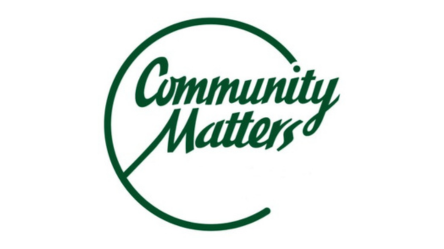A charitable incorporated organisation (CIO) is a corporate body (like a company) with a constitution that is registered with and regulated by the Charity Commission.
The CIO model was set up following feedback from charities who wanted a format that could allow for some of the benefits of being a company, but not include some of the burdens.
There are some advantages to becoming a CIO in addition to those already outlined for charities. These can include:
- Recognised as a legal entity. It can, in its own right, enter into contracts such as rent or own property, take legal action and employ people.
- May make it easier for charities to recruit and keep trustees due to limited liability.
- Registration and regulation are with only one regulator, the Charity Commission.
- You only really need to send annual returns, accounts and reports to one regulator, the Charity Commission.
There are also some disadvantages in addition to those already outlined for charities, which can include:
- A CIO will potentially take longer to set up than other legal structures.
- A CIO may find it harder to borrow money than a company (loans).
- A CIO must submit annual returns and accounts to the Charity Commission regardless of income.
- Payment of trustees is regulated. You may need to get permission from the Charity Commission before employing a trustee to do a role such as admin.
Setting up a CIO
To set up a CIO, you will need to follow the same actions as establishing a charity, including recruiting trustees, registering and writing a governance document. Please read the page on ‘charities’ for more information.
CIO’s have different governance documents, and you can find model templates from the Charity Commission on the gov.uk website.
Do you have any thoughts about this page? Visit our How to feedback page to share them.
Looking for something else? You can find a full list of pages on our Parent carer forum handbook contents page.
Find out more about setting up a CIO

Policies and Procedures
Find more information and downloadable templates for policies and procedures.
Read more
Contact Parent Carer Participation Advisers
Parent Carer Participation Adviser's support the forum and provide a sounding board for the forum leadership. Find your forum's named adviser here.
Read more
Community Matters
Find out more about Community Matters support offer.
Read more